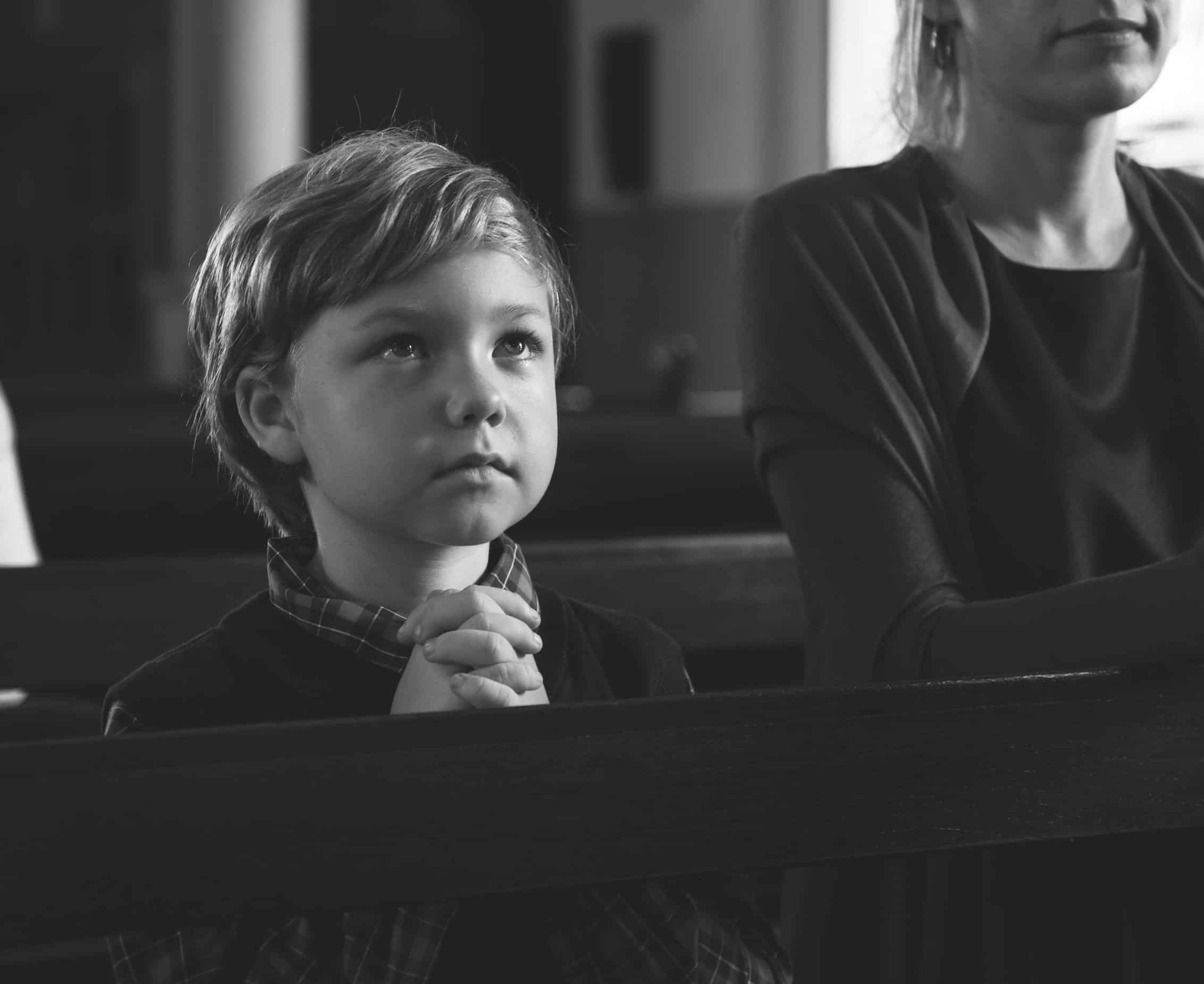- Home
- THE FIRM+
- Criminal Defense+
- CASE RESULTS
- AREAS WE SERVE+
- FAQ’s
- Blog
- Contact
AZHARI LLC BLOG

Posted By: Sami Azhari
Category:
Over the past two decades, we’ve been horrified to learn of every new clergy sexual abuse scandal. The pervasiveness of this problem, together with coverup efforts, are truly shocking and horrific.
But what about the victims?
Sadly, many will never come forward, so we’ll never know the full extent of their suffering. In fact, many victims try so hard to repress this trauma that even they are unaware of its full scope, and of the detriment on their adult lives.
Today’s post is a glimpse at the long-term and often lifelong impacts of Chicago clergy sexual abuse, and how victims can seek recovery and closure.
Post-traumatic Stress Disorder (PTSD)
Victims of clergy sexual abuse are likely to experience some degree of post-traumatic stress disorder (PTSD). Many survivors don’t ever disclose the abuse, meaning that they have limited opportunities to process the trauma, further increasing the chances and severity of PTSD.
PTSD symptoms fall into four categories:
- Intrusive thoughts such as flashbacks, nightmares, and re-living the trauma
- Avoiding reminders of the trauma such as people, places, objects or situations that could trigger distressing memories
- Negative thoughts and feelings about oneself or others. For example, “I am bad” or “no one can be trusted.” This also includes ongoing fear, anger, guilt or shame.
- Arousal and reactive symptoms occurring when the distress of the trauma is triggered can include irritability, self-destructive behavior, and insomnia
PTSD can be a debilitating mental illness, and the cause of significant problems in social and work situations, and also in family and romantic relationships. Furthermore, PTSD can interfere with the survivor’s ability to perform even normal daily tasks.
It often even leads to other co-occurring issues such as depression, anxiety, substance abuse, and economic losses.
Depression and Anxiety
Clergy sexual abuse typically brings on a sense of shame and self-loathing. The breach of trust by an authority figure, and a sense of lost bodily autonomy can be underlying causes.
These consequences combined with PTSD commonly experienced in clergy abuse survivors, much of the time results in enduring years-long episodes of depression and anxiety.
Because clergy abuse survivors are reluctant to come forward, they often don’t get the mental health care they need in order to address and correct issues such as these, which, unchecked, can persist and worsen over time.
Relationship Problems
Victims of clergy sexual abuse or child molestation are most often left with a sense of betrayal and mistrust. Although all sexual abuse is a betrayal of some form, being abused by a member of the clergy is particularly devastating to victims.
Clergy members are often seen as the moral core of the congregation. Taking advantage of this position of trust and authority to commit sexual abuse can lead victims to become more cynical about others in their lives.
Clergy abuse victims often struggle to form healthy relationships in the years or even decades following the abuse. Victims are also likely to feel guilty about what happened and believe that their own actions somehow caused the abuse.
Substance Abuse
Studies show that sexual abuse survivors are more than 26 times more likely to use drugs. Survivors often use drugs and alcohol to numb the pain of the trauma and self-medicate for resultant mental illnesses.
This can lead clergy abuse survivors into a downward spiral of addiction, which also compromises employment. Eventually, this may prompt survivors to commit theft crimes in order to support their addiction.
Substance possession and theft crime convictions often lead to legal trouble for survivors suffering from substance abuse, and many survivors are in and out of prison, rehab and probation programs.
Loss of Religious Faith
Clergy members are considered to be the religious and moral authorities of the congregations they lead. When clergy members abuse this authority to commit child sexual abuse, the victim’s religious and spiritual faith is often devastated.
In addition, the victim may blame him or herself for the abuse, developing an underlying belief that some moral defect caused it.
Economic Loss
The mental illnesses stemming from clergy sexual abuse often leave victims financially devastated, as well. This is because PTSD, depression, anxiety and substance abuse often make it difficult for victims to maintain gainful employment.
Moreover, the legal troubles that can result from these issues also have a major financial impact.
Even if victims are ultimately able to seek treatment for their mental illness, they’re often left with long-term financial burdens and are unable to retire comfortably, so they must continue working well into old age.
Ultimately, we may never know the full extent of clergy sexual abuse. What is clear, though, is that its victims are often left with lifelong mental health, relationship, and financial issues.
In these cases, seeking compensation can allow victims some degree of closure, and help them recover from the often-substantial financial fallout of clergy abuse.
About the Author
Sami Azhari has been working as a lawyer since 2007, after receiving his Juris Doctor from the Michigan State University College of Law. He has handled numerous state and federal cases, and is known throughout the Chicago and Rolling Meadows area for providing his clients with high-quality, skilled representation. He has been recognized by SuperLawyers, the National Trial Lawyers Association, and other notable organizations, and has spoken at a number of legal conferences.



























































